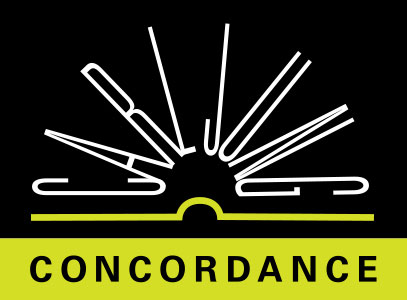Dogma takes the place of the collective unconscious by formulating its contents on a grand scale. The Catholic way of life is completely unaware of psychological problems in this sense:
Almost the entire life of the collective unconscious has been channelled into the dogmatic archetypal ideas and flows along like a well-controlled stream in the symbolism of creed and ritual. It manifests itself in the inwardness of the Catholic psyche
CW9.1 ¶ 21The collective unconscious, as we understand it today, was never a matter of “psychology,” for before the Christian Church existed there were the antique mysteries, and these reach back into the grey mists of neolithic prehistory
CW9.1 ¶ 21Mankind has never lacked powerful images to lend magical aid against all the uncanny things that live in the depths of the psyche. Always the figures of the unconscious were expressed in protecting and healing images and in this way were expelled from the psyche into cosmic space
CW9.1 ¶ 21The iconoclasm of the Reformation, however, quite literally made a breach in the protective wall of sacred images, and since then one image after another has crumbled away
CW9.1 ¶ 22They [sacred images] became dubious, for they conflicted with awakening reason. Besides, people had long since forgotten what they meant. Or had they really forgotten? Could it be that men had never really known what they meant, and that only in recent times did it occur to the Protestant part of mankind that actually we haven't the remotest conception of what is meant by the Virgin Birth, the divinity of Christ, and the complexities of the Trinity?
CW9.1 ¶ 22It almost seems as if these images had just lived, and as if their living existence had simply been accepted without question and without reflection, much as everyone decorates Christmas trees or hides Easter eggs without ever knowing what these customs mean
CW9.1 ¶ 22The fact is that archetypal images are so packed with meaning in themselves that people never think of asking what they really do mean. That the gods die from time to time is due to man's sudden discovery that they do not mean anything, that they are made by human hands, useless idols of wood and stone
CW9.1 ¶ 22In reality, however, he has merely discovered that up till then he has never thought about his images at all. And when he starts thinking about them, he does so with the help of what he calls “reason”which in point of fact is nothing more than the sum total of all his prejudices and myopic views
CW9.1 ¶ 22